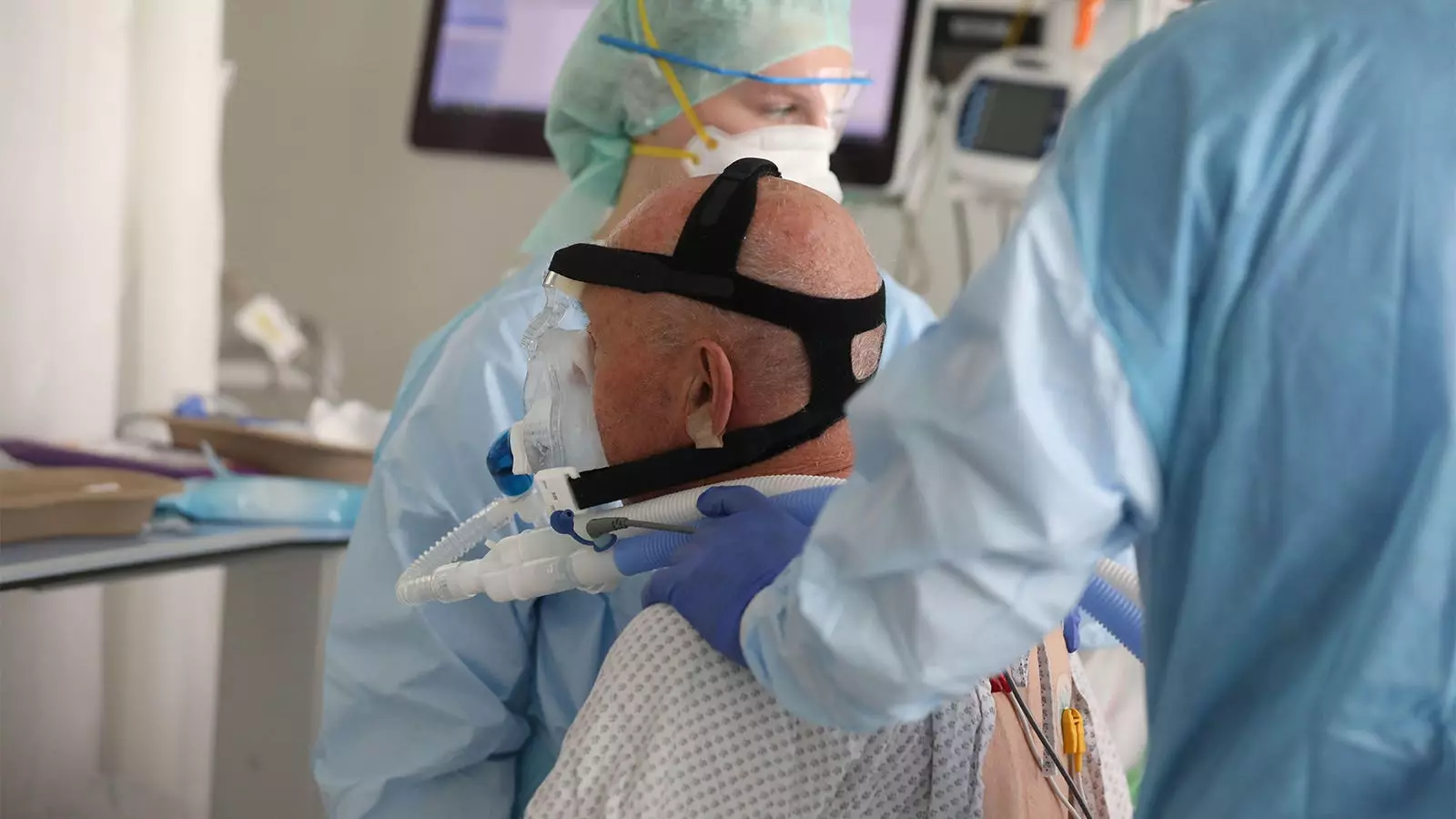Obstructive sleep apnea (OSA) has been identified as a potential risk factor for respiratory complications in COVID-19 patients. A recent retrospective study conducted by Bharati Prasad, MD, MS, and colleagues at the University of Illinois at Chicago explored the association between OSA and the use of non-invasive ventilation (NIV) in hospitalized veterans with COVID-19. The study also investigated the impact of booster vaccination on respiratory outcomes in this population.
Association between OSA and Respiratory Support
The study found that patients with OSA had higher odds of requiring NIV compared to those without OSA, even after adjusting for potential confounders. While OSA was not significantly associated with other respiratory interventions such as high-flow oxygen or mechanical ventilation after adjustment, the link with NIV remained significant. This suggests that OSA may play a role in the progression of respiratory failure in COVID-19 patients.
Interestingly, the study also revealed that a booster dose of the COVID vaccine was associated with a reduced risk of requiring NIV and mechanical ventilation in hospitalized COVID-19 patients. This protective effect was consistent regardless of OSA status, indicating that booster vaccination may help mitigate the severity of respiratory complications in this population. The researchers highlighted the importance of COVID vaccine booster doses in protecting against acute respiratory failure progression.
Contributing Factors
Prior research has shown that OSA is linked to higher rates of COVID-19 infection and hospitalization, as well as long COVID. The intermittent hypoxia and systemic inflammation associated with OSA may exacerbate COVID-19, leading to more severe initial infections and prolonged recovery periods. The study also identified comorbidities commonly associated with OSA, such as heart failure, obesity, and pulmonary hypertension, as contributing factors to higher rates of oxygen use, NIV, and hospital readmissions.
Despite the significant findings of the study, there were some limitations that need to be considered. The lack of quantitative data on the severity of OSA and adherence to positive airway pressure (PAP) therapy, as well as incomplete vaccination records for COVID-19 patients, may have influenced the results. Additionally, the study was limited by the retrospective nature of the analysis and the challenges posed by the COVID-19 pandemic.
The study conducted by Prasad and colleagues sheds light on the impact of OSA on respiratory outcomes in hospitalized COVID-19 patients. The findings underscore the importance of monitoring OSA patients for respiratory complications and the potential benefits of booster vaccination in reducing the need for NIV and mechanical ventilation. Further research is needed to better understand the mechanisms underlying these associations and to optimize treatment strategies for COVID-19 patients with OSA.


Leave a Reply